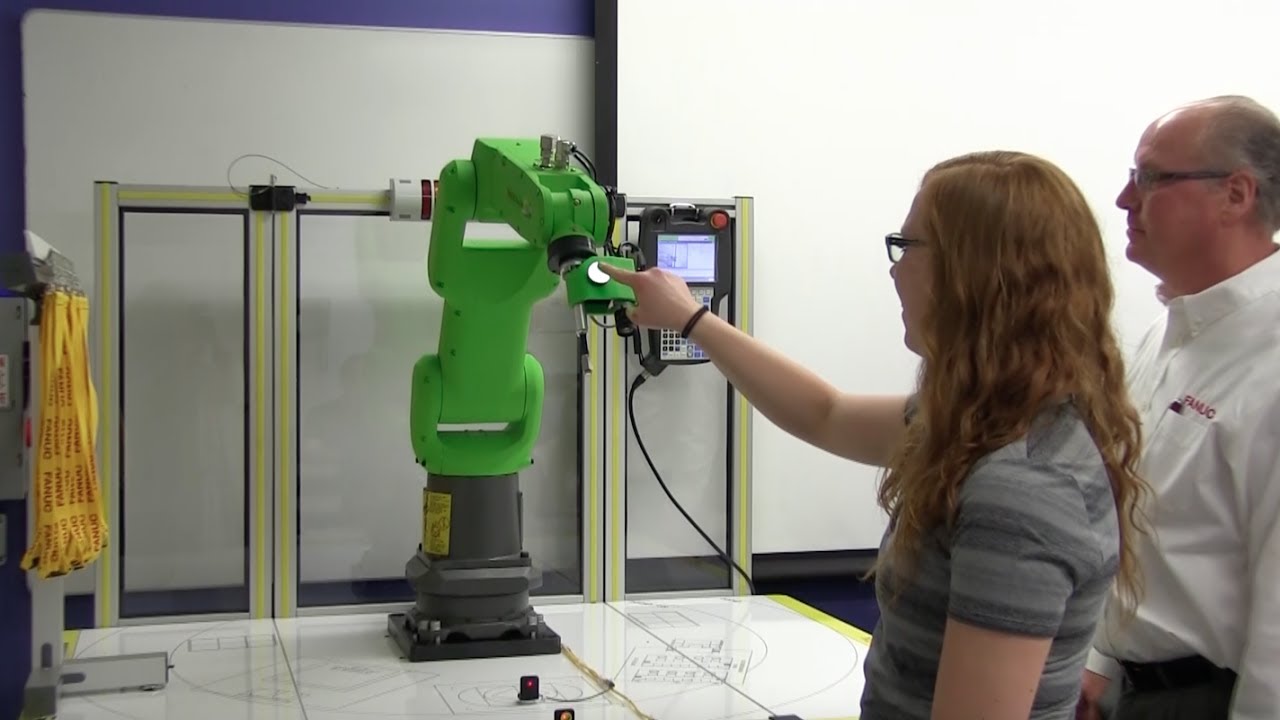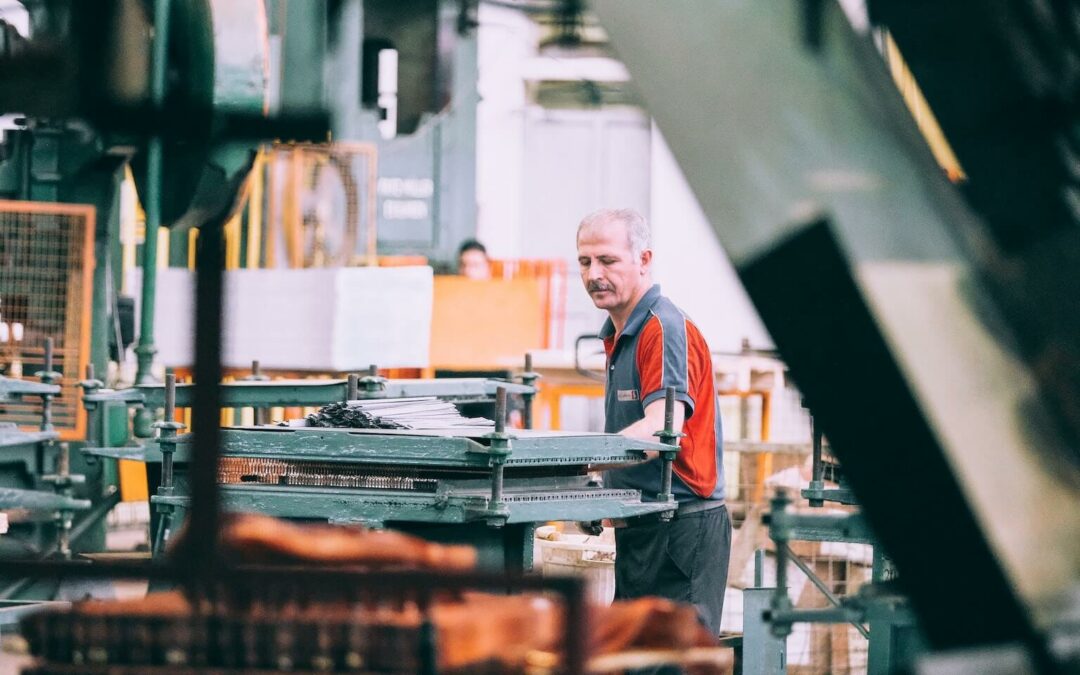As you are probably aware, the “skills gap” refers to the shortage of qualified workers, especially in industries like manufacturing. According to the latest estimates, the U.S. could see 2.4 million unfilled manufacturing jobs by 2028, putting $2.5 trillion of gross domestic product at risk.
An industry certification or credential is a nationally recognized verification of skills or knowledge based on skill standards for an occupation. Industry certifications play a pivotal role in how companies address the skilled worker shortage and fill open positions with qualified employees. They do this on two levels: connecting industry and education and validating technical skills.
Industry Certifications Connect Industry and Education
Industry standards align industry and education by ensuring education and training programs teach industry-relevant skills.
Quality certifications are based on industry standards, which document the critical duties and skills needed to perform a specific job. For a CNC machinist to be considered “job ready,” they should be able to read and write basic G and M codes, which is a competency within the CNC Operations standard.
Education programs aligned with the appropriate standards ensure what’s being taught in the classroom are the skills workers will need on the job. However, rapidly evolving technology or generational workforce shifts can create gaps between industry and education. Industry certifications, whether developed by a national organization or private company, can help bridge these gaps.
For example, FANUC America is a global leader in CNC systems and robotics and one of our certification partners here at Nocti Business Solutions. Over a decade ago, FANUC noticed their customers needed help finding skilled workers to operate their robotic equipment.
To help solve this challenge, FANUC started an educational program to bring training and employers closer together. Part of this project was a competency-based credential to validate the technical skills specific to FANUC’s advanced technology. The stackable certifications we developed with FANUC ensure students and workers can align their skills and knowledge with the latest advanced automation and robotics technology.

Industry Certifications Validate Technical Skills
Industry certifications validate workers’ skills after completing a training or education program, giving employers confidence they are hiring someone with the right skills for the position. It’s a win-win for job candidates and employers.
For Employees
Validating skills through industry certifications positively impacts employment outcomes. While we need more research on the impact of industry certifications on the job market, some studies have found industry certifications advance careers.
- The Association for Career and Technical Education (ACTE) found that individuals who have earned industry certifications are more likely to be employed one year after earning an industry certification than workers without a certification.
- Business Wire reported that certification earners are two times more likely to receive a raise or promotion within six months of earning a certification than their non-certified coworkers.
- Business Wire also found that workers who received a raise for earning an industry certification reported a pay increase between 20 and 40 percent.
For Employers
A high-quality certification or credential provides an accurate picture of an individual’s actual skills and job readiness. Bre LaMountain, an industrial organizational psychology practitioner and the Workforce Development and Testing Coordinator at Cleveland State Community College (CSCC), often acts as an HR consultant for local businesses. She shared that the manufacturers she works with want to know a candidate’s specific hard skills so they can make informed hiring decisions.
Building a Skilled Workforce with NBS
At NBS, we’ve been helping employers solve their workforce challenges for over 20 years. Not only do we work with industry organizations and companies like FANUC to develop high-quality credentials, but we also offer 170+ technical skills assessments to help employers validate skills and hire skilled workers.
Have questions about our assessments or credentialing services? Send us a message and let us know how we can help. We look forward to helping you build a skilled workforce!

Recent Comments